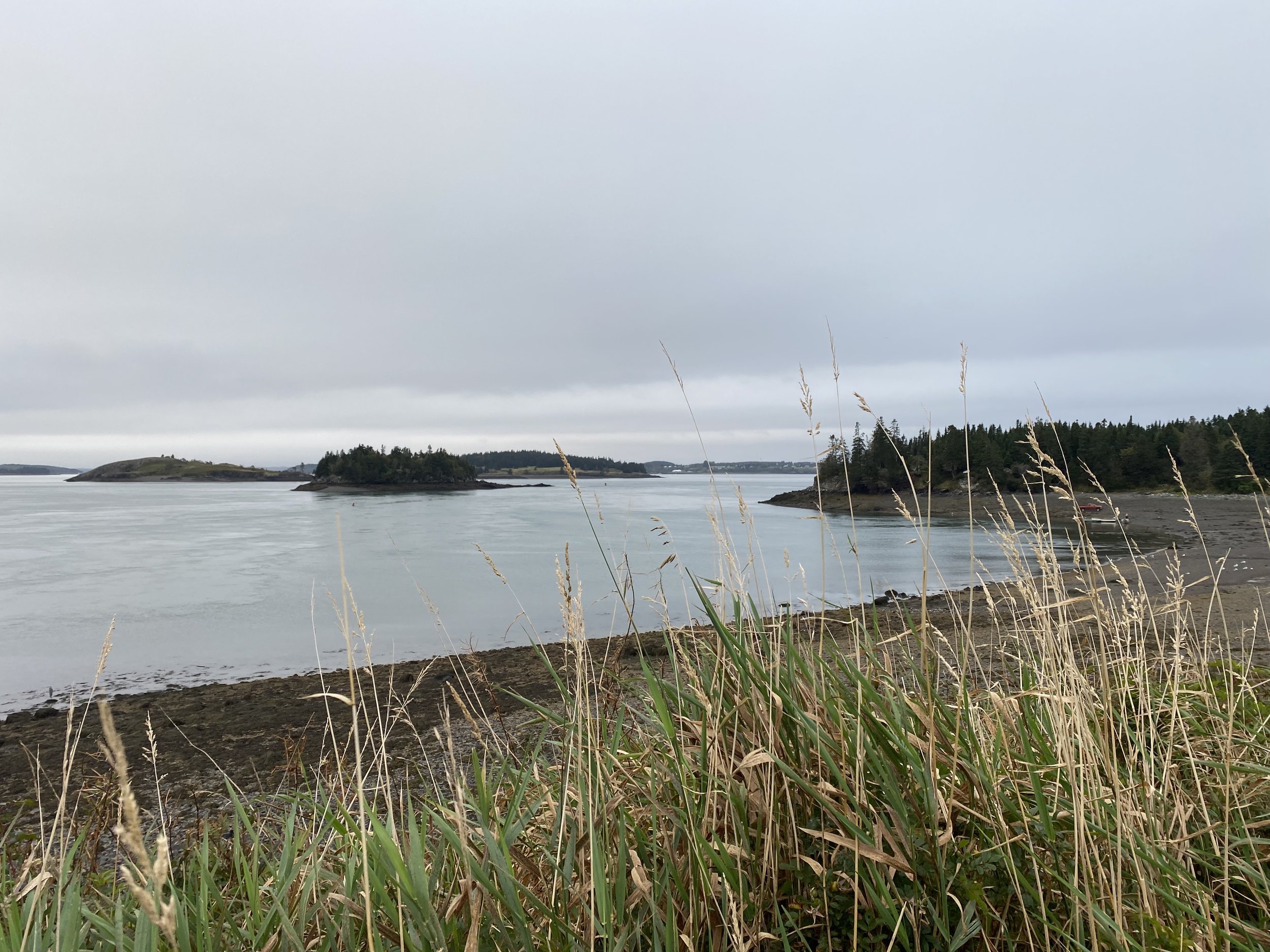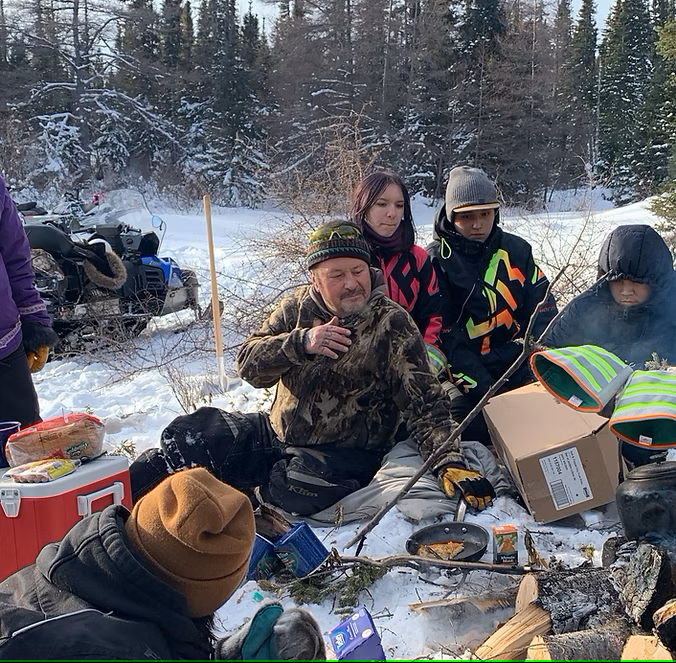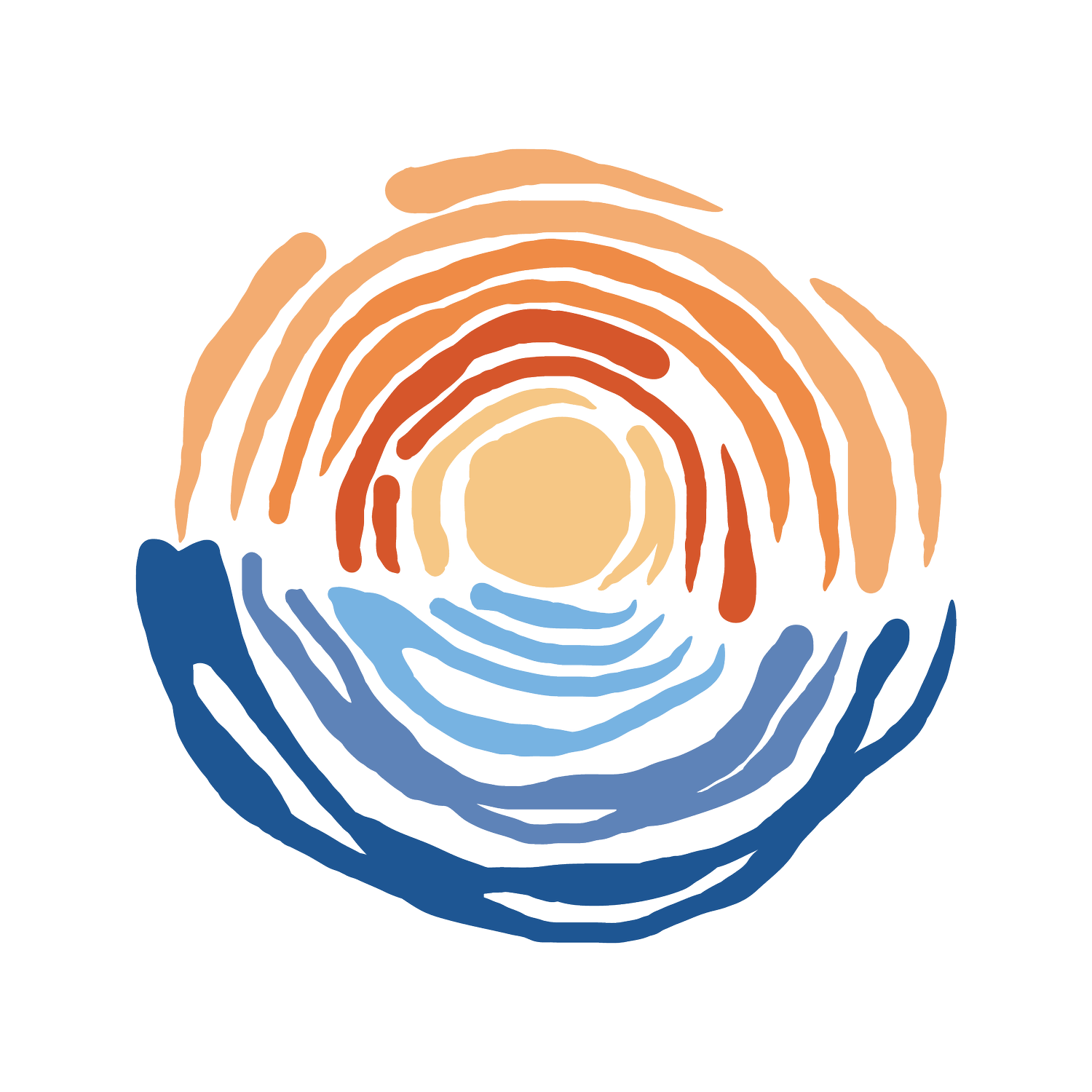
funded projects
The Wabanaki-Labrador Indigenous Health Research Network (WLN) supports Indigenous collaboratives, communities, and organizations (ICCOs) in the Atlantic region to conduct Indigenous-led health research through the Wabanaki-Labrador Indigenous Health Research Funding Programs.
We offer four (4) types of calls for proposals:
The WLN Support Fund offers three years of funding to support Programs of Research. A Program of Research (PoR) is a series of research projects designed to work together to explore a gap in knowledge specific to one overarching theme or research topic.
The WLN Seed Fund supports a one-year project geared toward planning for short-term, targeted research, capacity-building and co-learning activities.
The WLN Co-Learning Workshop Fund supports gatherings geared toward short-term, targeted capacity-building and co-learning activities.
The WLN Research Training and Travel Fund supports travel to an Indigenous Health Research event or training opportunity such as a conference, gathering, workshop/co-learning event, or educational training module/course.
All applications undergo collaborative review to determine whether the propose project will receive funding support, or if additional work is required. All applicants receive constructive feedback meant to assist with revision and strengthen research proposal writing skills. Reviewer comments are offered in the spirit of mentorship. If an application is unsuccessful, the research team is invited to submit a revised application when the next funding call is launched.
The WLN is proud to have supported the following research projects in 2023:
Research Training & Travel Fund: Sent 2 participants to Nordic Congress of Gerontology: Aging in a Transforming World presenting: The experiences of older NunatuKavut Inuit navigating mental health and social changes over time.
Awardees:
Aimee Battcock: abattcock@nunatukavut.ca
Kristy Dyson: kdyson@nunatukavut.ca
Co-Learning Workshop Fund Awardees. Click here.
Seed Fund Awardees. Click here.
Support Fund Awardees: iWell Project
Seed Fund
Supports a one-year project geared toward planning for short-term, targeted research, capacity-building and co-learning activities.
Travel Fund
Supports travel to an Indigenous Health Research event or training opportunity such as a conference, gathering, workshop/co-learning event, or educational training module/course.
Workshop Fund
Supports gatherings geared toward short-term, targeted capacity-building and co-learning activities.
WLN Breast Cancer Research Fund
In partnership with the Dalhousie Medical Research Development Office (MRDO), the Wabanaki-Labrador Indigenous Health Research Network (WLN) is announcing a special funding call with a focus on breast cancer research in Indigenous communities in the Atlantic Region. This funding opportunity is designed to foster and develop knowledge, capacity, and programs that help to address health priorities set by Indigenous communities in Atlantic Canada around breast cancer research. Click the ‘Apply Here’ button for more information.
iWELL Project
The Inuit Wellbeing and Learning from the Land (iWELL) is a community-based research project that explores how culture-based and land-based intergenerational teaching and learning experiences of wildlife contribute to Inuit youth self-concept and positive mental wellness in the Nunatsiavut region of Labrador, Canada. To explore this question, the iWELL project has two main pillars:
Facilitating culture-based and land-based intergenerational learning experiences for youth, and
Researching these same experiences and how they influence youth self-concept and positive mental wellness.
Inuit in Nunatsiavut have relied on the lands, waters, and ice for centuries for food and transportation. These land-based activities have become synonymous with Inuit culture and livelihoods and is one of the primary pathways that Inuit knowledge is passed on to future generations. This research is grounded in the social determinants of health and, more specifically, Inuit social determinants of health. The non-medical factors that influence health outcomes in Nunatsiavut are unique because Inuit are born, grow, work, live, and age in a unique environment and culture that presents a different daily life from other Indigenous societies and non-Indigenous settings. This research supports Inuit-specific understandings of well-being to achieve better health outcomes. This research is also grounded in the belief that Health in All Policies (HiAP) will achieve better health outcomes in society by considering the health implications of approaches to wildlife management and avoiding harmful health impacts to avoid health inequities (World Health Organization, 2014).
The research will highlight youth wellness, as a form of HiAP, through the connection and collaboration of the education and wildlife public sectors. Using a multi-generational approach, we will provide evidence on the ways in which cultural teachings and the intergenerational transmission of land-based knowledge are important for the positive self-concept and overall well-being of young Inuit who live at the nexus of a modern and a traditional world. This project will contribute to the Nunatsiavut Government’s work in developing Inuit-centered curriculum, align with the broader long-term vision of Inuit self-determination in education, support self-government implementation, and promote Inuit health and well-being by acknowledging these essential social determinants of health and encouraging cross-departmental policy-making that centers long-term Inuit well-being.
Meet the Team
-

Jamie Snook
Jamie Snook is the Executive Director of the Torngat Wildlife Plants and Fisheries Secretariat, responsible for implementing sections of the Labrador Inuit Land Claims Agreement that focus on wildlife and commercial fisheries. He is a proud Labradorian with Inuit and British ancestries and a member of the NunatuKavut Community Council. Jamie completed a PhD in Public Health at the University of Guelph, working with the Secretariat to understand and examine the ways in which fish and wildlife co-management impacts Inuit health and well-being.
-

Colleen Pottle
Colleen Pottle is an Inuk from Makkovik, Nunatsiavut, and an elementary educator. She holds a Bachelor of Native and Northern Education, a Master of Education, and is completing a Graduate Diploma in Arctic and Subarctic Futures. Colleen is also a part-time employee of the Torngat Secretariat, working in Indigenous curriculum and research. Colleen is passionate about improving the health and well-being of First Nations, Inuit, and Métis Peoples.
-

Sylvia Moore
Sylvia Moore, PhD, is an educator, mental health professional, and associate professor at the School of Arctic and Subarctic Studies, currently serving as Interim Dean. She has recently been named the University of the Arctic Chair in Indigenous and Northern Education, and is also the Vice-Lead of the Verdde Indigenous Education Thematic Network. Her community-led research and pedagogies are developed in response to the expressed needs and priorities of Indigenous communities and governments across the North. Sylvia promotes Indigenous voices and cultures in all aspects of her work, builds capacity, and mentors emerging scholars. Both her research and her pedagogical approaches contribute to Indigenous self-determination, Indigenous wellness, and the decolonization and Indigenization of education.
-

Ola Andersen
Ola Andersen spent 29 years in the education system and holds a B. Ed and M. Ed. Ola is currently working towards a PhD in Arctic and Subarctic Futures. Ola recently joined the Torngat Wildlife Plants and Fisheries Secretariat as the Stewardship and Education Project Coordinator. Ola is from Makkovik, Nunatsiavut, and enjoys all aspects of Inuit culture including fishing, hunting partridges, and producing Inuit themed crafts.
-

David Borish
David Borish is a social science researcher and visual artist who uses documentary film to co-explore and communicate an array of environmental, social, and health issues in collaboration with underrepresented communities. As an award-winning filmmaker that has a PhD in Public Health & International Development, his visual work is grounded in evidence-based research. David has worked with wildlife co-management boards across the Canadian Arctic to co-create visual media about Indigenous knowledge of species like polar bears, caribou, and beluga. He has also worked with Indigenous communities on socio-ecological film projects in Uganda, Kenya, Nepal, Malaysia, Peru, and other parts of the world. He currently manages Cloudberry Connections, a company dedicated to environmental communications, and also lectures at the University of California San Diego. David is part of the Explorers Club’s annual “50 People Changing the World” class of 2023.




Community Testimonials
Did you receive funding? Tell us all about it! Email us at wln@dal.ca




